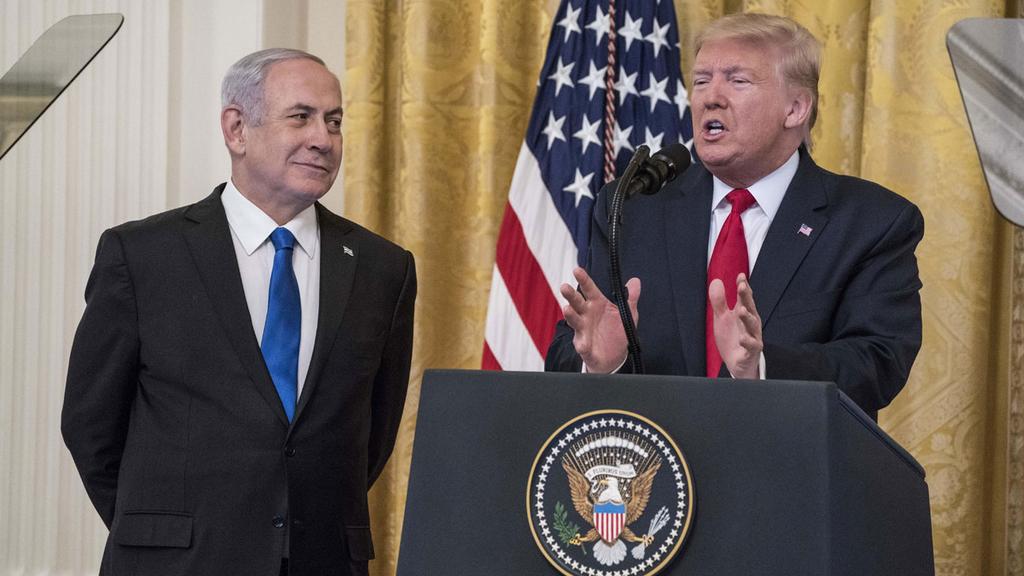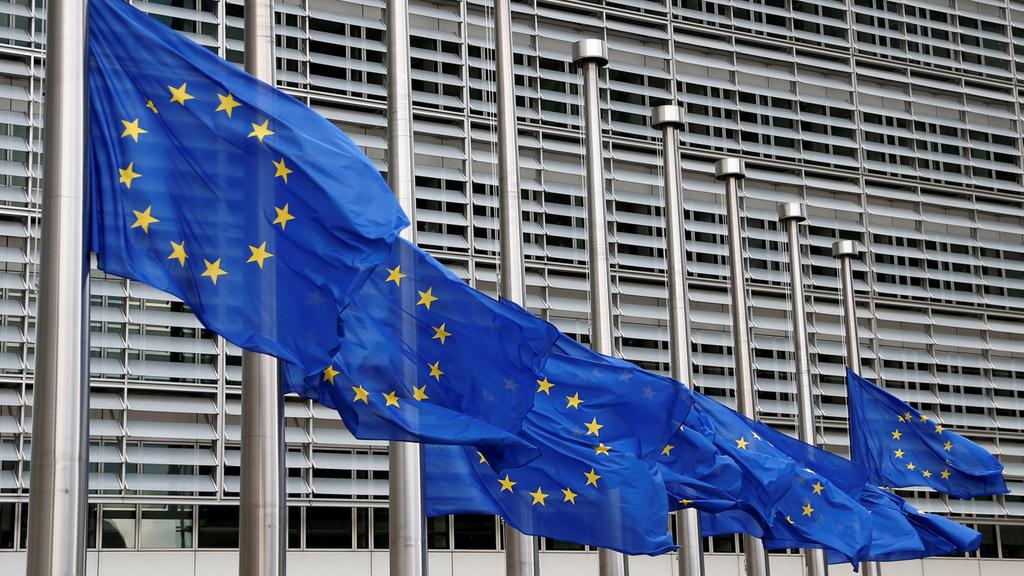Getting your Trinity Audio player ready...
The European Union on Tuesday rejected U.S. President Donald Trump's proposal for securing peace in the Middle East and expressed concern about Israel's plans to annex more Palestinian land.
Trump's plan, which was unveiled last week, would foresee the eventual creation of a Palestinian state, but it falls far short of minimal Palestinian demands and would leave sizable chunks of the West Bank in Israeli hands.
In a statement, EU foreign policy chief Josep Borrell underlined the bloc's commitment to a two-state solution, based along 1967 lines with the possibility of mutually agreed land-swaps, made up of the state of Israel and "an independent, democratic, contiguous, sovereign and viable state of Palestine."
Borrell said the U.S. initiative "departs from these internationally agreed parameters."
"To build a just and lasting peace, the unresolved final status issues must be decided through direct negotiations between both parties. This includes notably the issues related to borders, the status of Jerusalem, security and the refugee question," Borrell said.
The foreign ministry issued a response to Borell's statement, calling it "unfortunate".
"The fact that the EU's foreign policy chief chose to use such threatening language towards Israel shortly after taking up office and just hours after his round of meeting in Iran, is unfortunate, to say the least," read the statement. "Promoting such policies and practices is the best way to ensure that the EU's role in any peace process will be minimal."
Trump's plan was welcomed by Prime Minister Benjamin Netanyahu, but Palestinian President Mahmoud Abbas has dismissed it as "nonsense." Gulf Arab states also rejected the White House plan as "biased." While Israeli officials were present for its unveiling, no Palestinian representatives attended.
2 View gallery


Prime Minister Netanyahu and President Trump present the peace plan in Washington
(Photo: Getty Images)
Netanyahu has said he wants to move forward with plans to annex West Bank territory.
"We are especially concerned by statements on the prospect of the annexation of the Jordan Valley and other parts of the West Bank," Borrell said.
The Palestinians seek all of the West Bank and East Jerusalem - areas captured by Israel in the 1967 Mideast war - for an independent state and the removal of more than 700,000 Israeli settlers from these areas.
But the plan sides heavily with Netanyahu's hard-line nationalist vision for the region and shunts aside many of the Palestinians' core demands.


